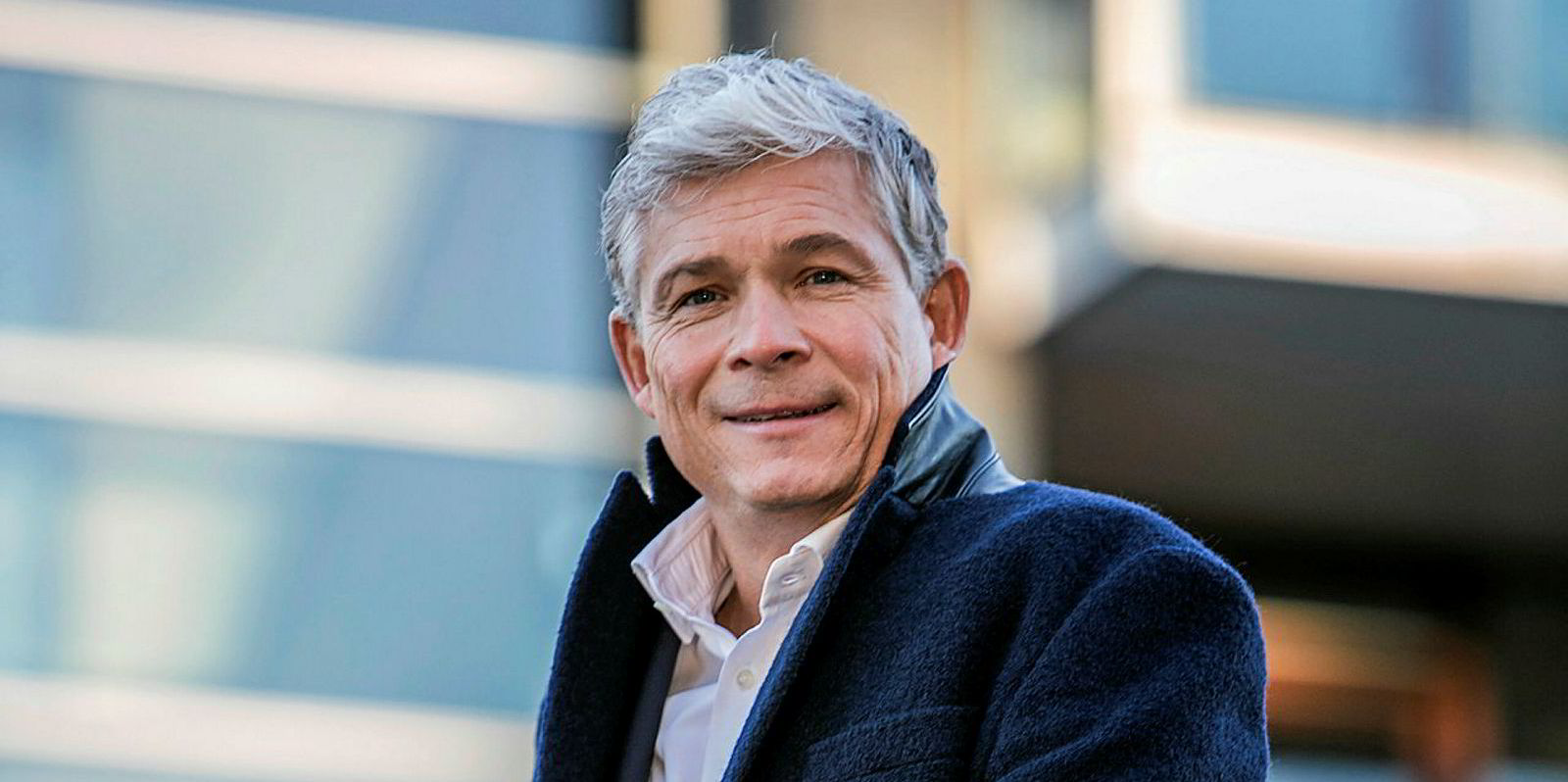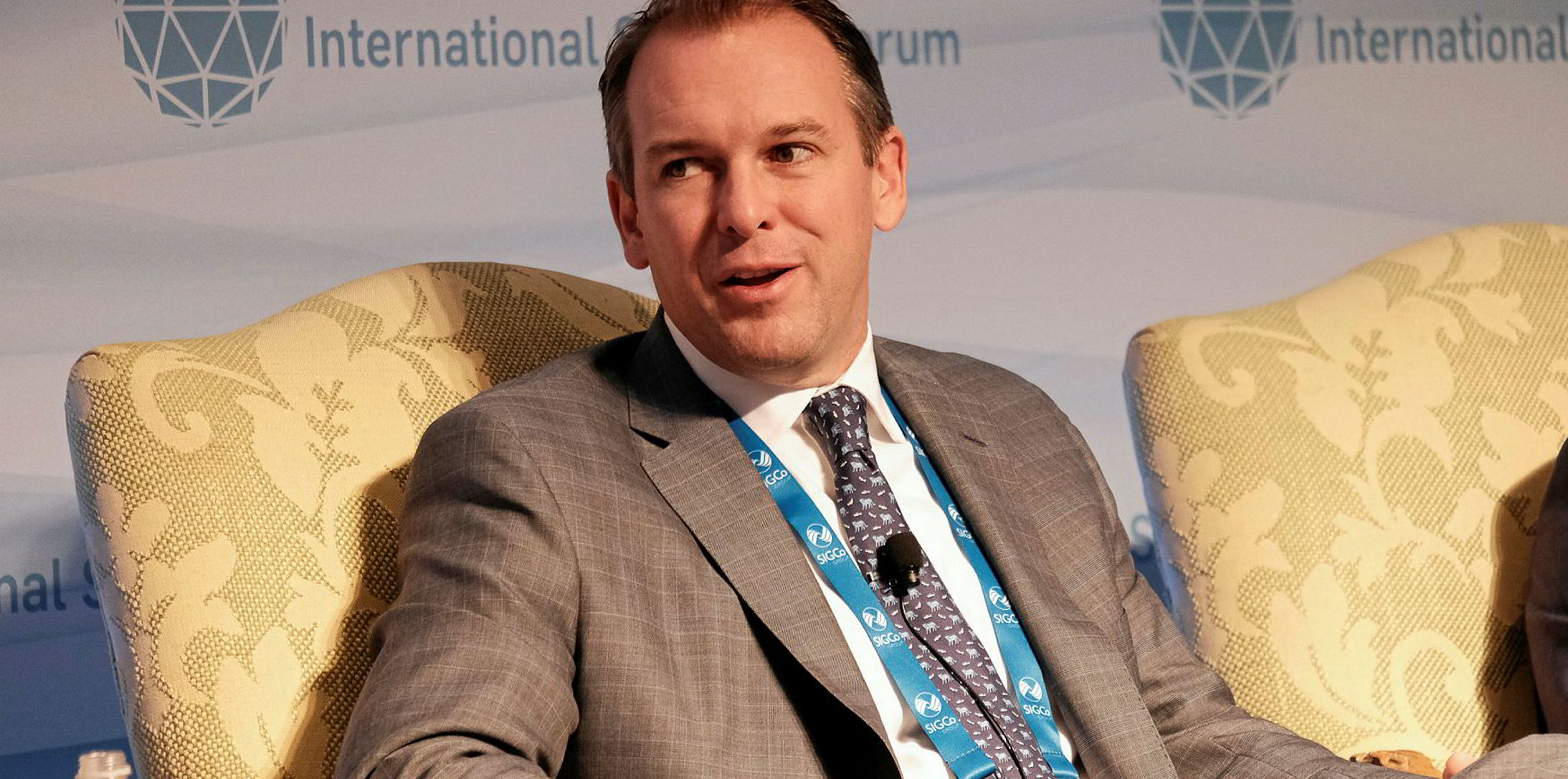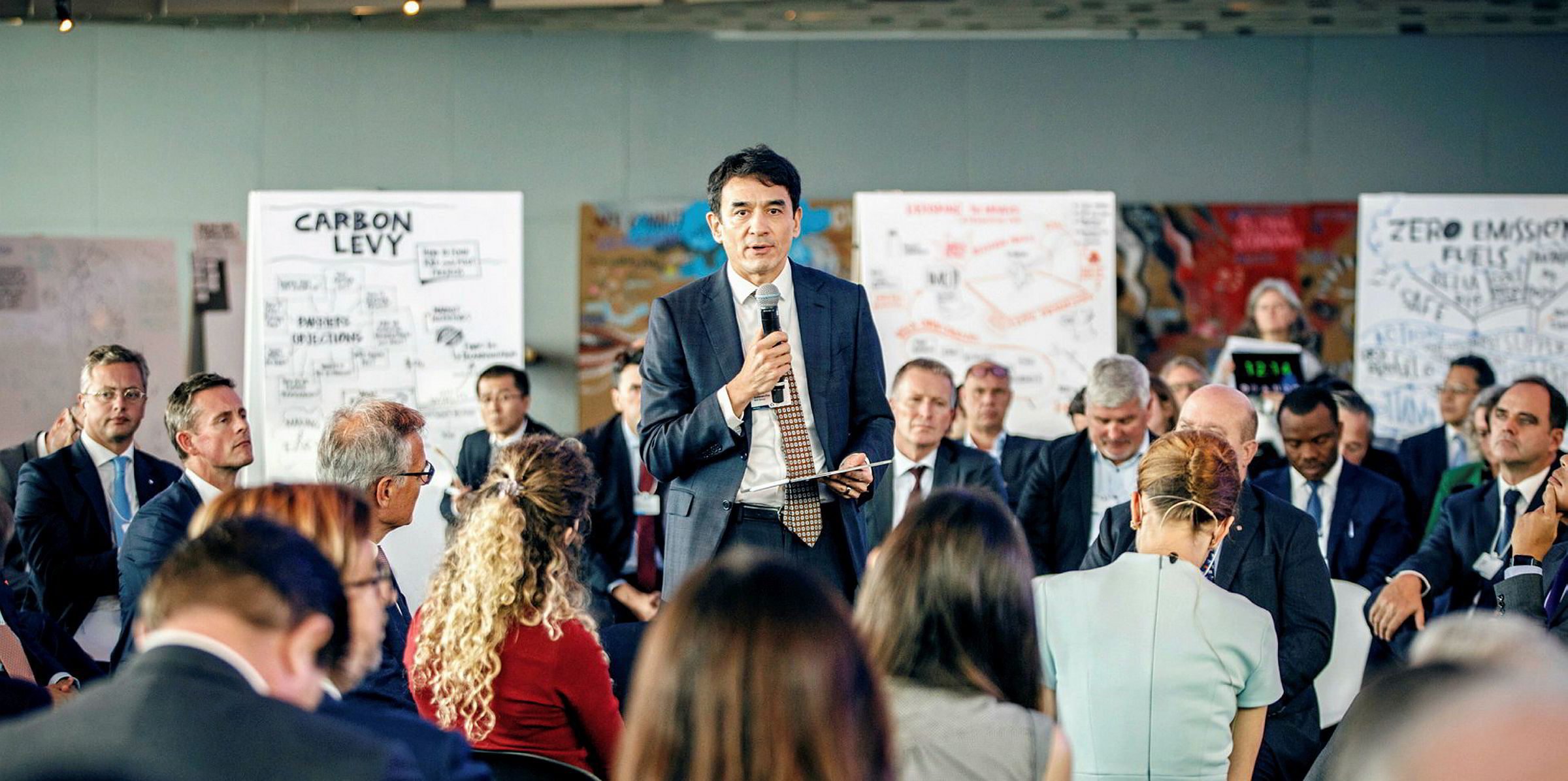Hafnia Tankers' chief executive Mikael Skov is satisfied with the company's merger with BW Tankers, with his company comfortably in the black for the first nine months of this year.
One of the world’s largest product tanker owners, Hafnia posted net profit of $29.3m, which marked a turnaround compared with a net loss of $18.3m in the same period of 2018. Operating revenue rose to $603m from $129m.
However, the company posted a net loss of $10.6m for the third quarter, hit by lacklustre freight markets and a $9.3m write-off of previously capitalised fees from financing. The figure compares to a $10.5m loss a year earlier.
“Following our merger in January, we have focused on driving commercial and cost synergies, and I am pleased to see that the hard work now pays off, despite an overall weak freight market in the third quarter,” Skov said.
With seasonal demand and IMO 2020, the company suggested a product tanker market upturn is underway in the fourth quarter.
Moreover, the return of Middle Eastern refineries from routine maintenance and unplanned outages, coupled with higher crude runs in China, is lifting exports of oil products in the East-of-Suez region, according to Hafnia.
In early November, Hafnia raised $230m to win a listing on Oslo’s Axess Exchange while setting an initial target of $345m.
Inside backer BW Group gave up plans to sell $25m of its shareholding and ended up buying $50m more instead.
The deal drew mixed comments from market participants. Some reckoned the level of investor interest was below Hafnia’s expectation, while some pointed out the company eventually achieved a decent price.
Nonetheless, Skov struck a bullish tone in the quarterly report.
“With the listing of Hafnia in November on the Oslo Axess Stock Exchange, we have reached a significant achievement in our corporate development,” Skov said.
“Our strong balance sheet, commercial performance and corporate culture provide a promising platform for the future which in combination with the strong product tanker market rebound in the fourth quarter allows us to focus on increasing shareholder value."






